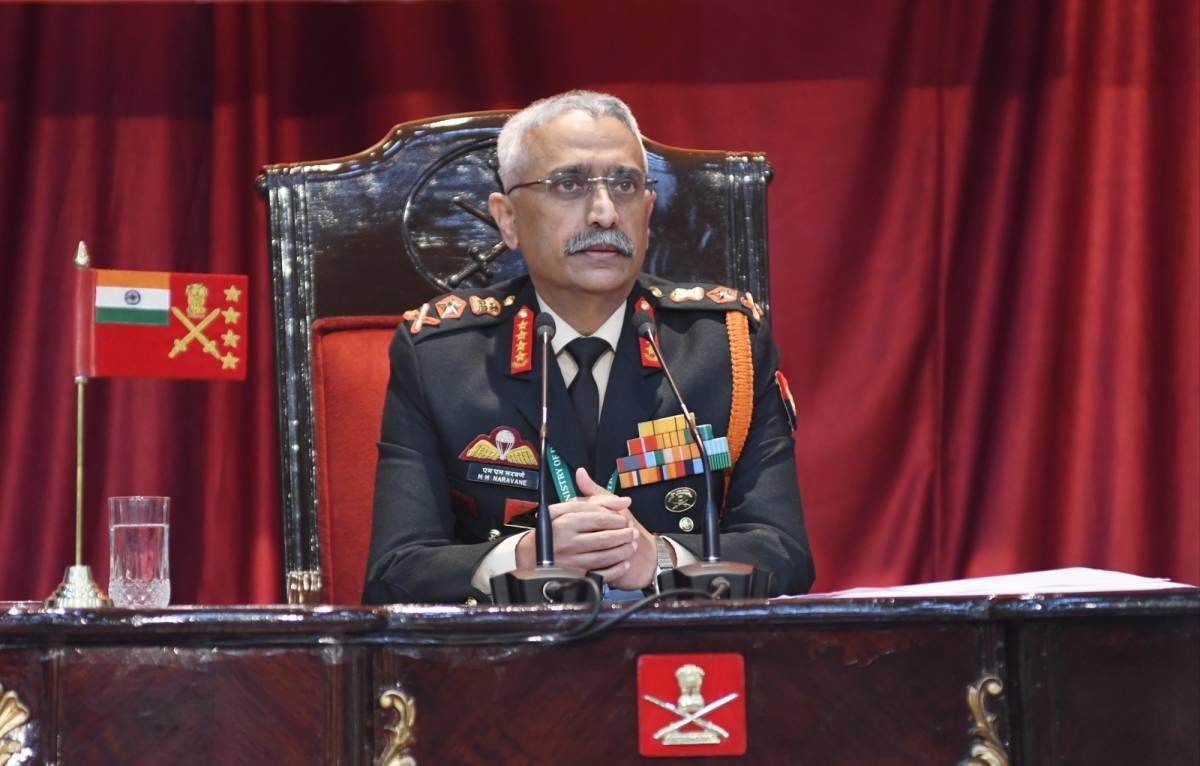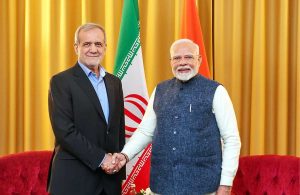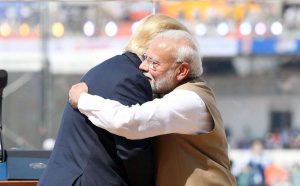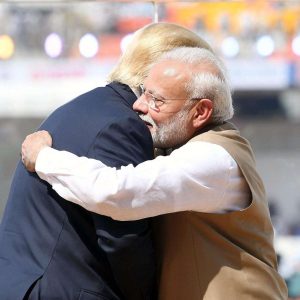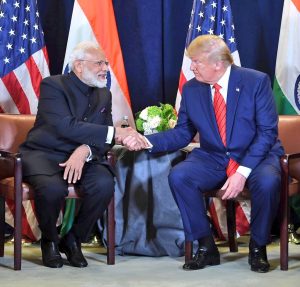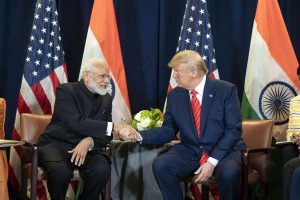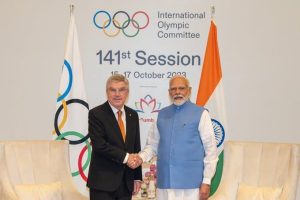General Manoj Mukund Naravane says this is the first step on the long road to normalisation of ties between the two countries, reports Asian Lite News
Army chief General Manoj Mukund Naravane has said that the restoration of ceasefire in February between Indian and Pakistani militaries along the Line of Control (LoC) in Jammu and Kashmir is holding, has led to a significant drop in infiltration by terrorists from Pakistan and contributed to the overall sense of peace and well-being in border areas.
“This is the first step on the long road to normalisation of ties between the two countries. We would like the ceasefire to continue. It has definitely led to an improvement in the security situation and benefited civilians living in forward areas,” Naravane said.
In a surprise development, Indian and Pakistani militaries announced on February 25 that they had begun observing a ceasefire along the LoC from the midnight of February 24. India and Pakistan had agreed to a ceasefire on the LoC in November 2003, but it was frequently violated.
The army chief said the ceasefire violations by the neighbouring army were aimed at providing cover to infiltrators. No ceasefire violations by the Pakistan army indicated that infiltration attempts were not being supported, Naravane said.
“Counterterrorism operations will continue. We have no reason to believe that terror infrastructure along the LoC has been dismantled by the Pakistan army,” Naravane said.
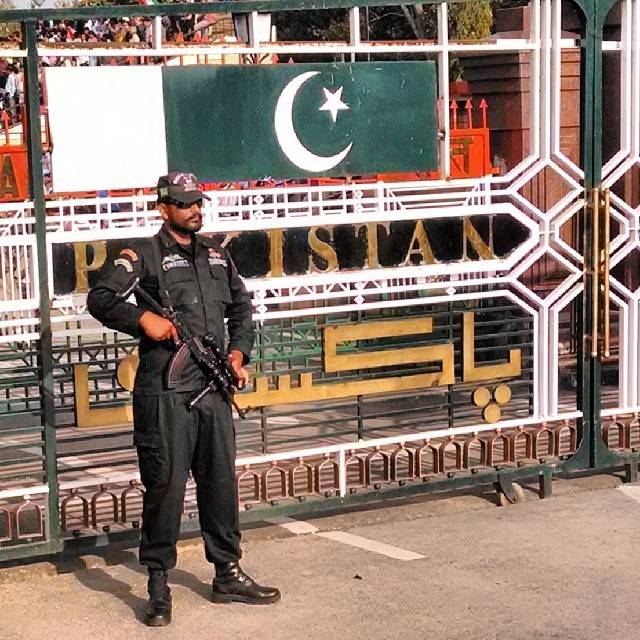
Peace along the LoC is mutually beneficial, Naravane said. “The population living on either side suffers due to violence along the LoC. I am sure the Pakistan army is also concerned about the population and hopefully the ceasefire will hold,” the army chief said.
After February 24, there has been a solitary instance of cross-border firing along the international border in Jammu sector between the Border Security Force and Pakistan Rangers.
Of the 30 terrorists killed by security forces in Kashmir during the last three months, only one was a foreigner, said officials familiar with the developments. “It’s an indicator that infiltration by Pakistani terrorists has dropped notably. We will have to wait and watch how things unfold as three months is a short window to confirm a pattern,” said one of the officials.
The escalation in ceasefire violations coincided with the first anniversary of the Centre’s move in August 2019 to strip Jammu and Kashmir of its semi-autonomous status that Islamabad reacted sharply to.
‘Troops on high alert at LAC’
Naravane said that the troops are on high alert at Line of Actual Control (LAC), keeping a close watch on the activities of the Chinese People’s Liberation Army.
The army chief also pointed that India wants the status quo ante of April 2020 to be restored.
Naravane stated that India has made it clear to China that de-escalation will only be considered once disengagement is completed to the mutual satisfaction of both sides.
He said that Indian troops are on high alert and deployments have not thinned after the disengagement in Pangong Lake.
The army chief maintained that China has deployed around 50,000 to 60,000 troops in Eastern Ladakh in immediate depth, so India has also made mirror deployments in depth.
Naravane also said that India is keeping an eye on the developments on the Chinese side.
He said India is currently concentrating on resolving the outstanding problems at other friction points like Hot Springs, Gogra and Depsang along the LAC.

He also pointed out that India’s stand in the disengagement agreement in the Pangong Lake area remained the same, i.e., the status quo ante of April 2020 must be restored.
The army chief also stated that trust levels between the two countries are low, but pointed out that the trust deficit should not hinder the negotiation process.
The 12 rounds of military commander-level talks between India and China to resolve the border issue will take place soon. It has been delayed due to the surge in the number of Covid cases.
General Naravane recently reviewed the operational preparedness of the force along the borders with China in the Arunachal Pradesh region. He went to Dimapur in Nagaland on May 20 on a two-day visit to review the operational readiness along the northern borders of Arunachal Pradesh, and the security situation in the hinterlands of the Northeast region.
India and China are engaged in a year-long standoff along the LAC. The confrontations began on the north bank of Pangong Lake, both in the waters and the bank, as Chinese incursions increased in early May last year.
ALSO READ: Pakistan and Turkey’s selective support to Muslim causes
